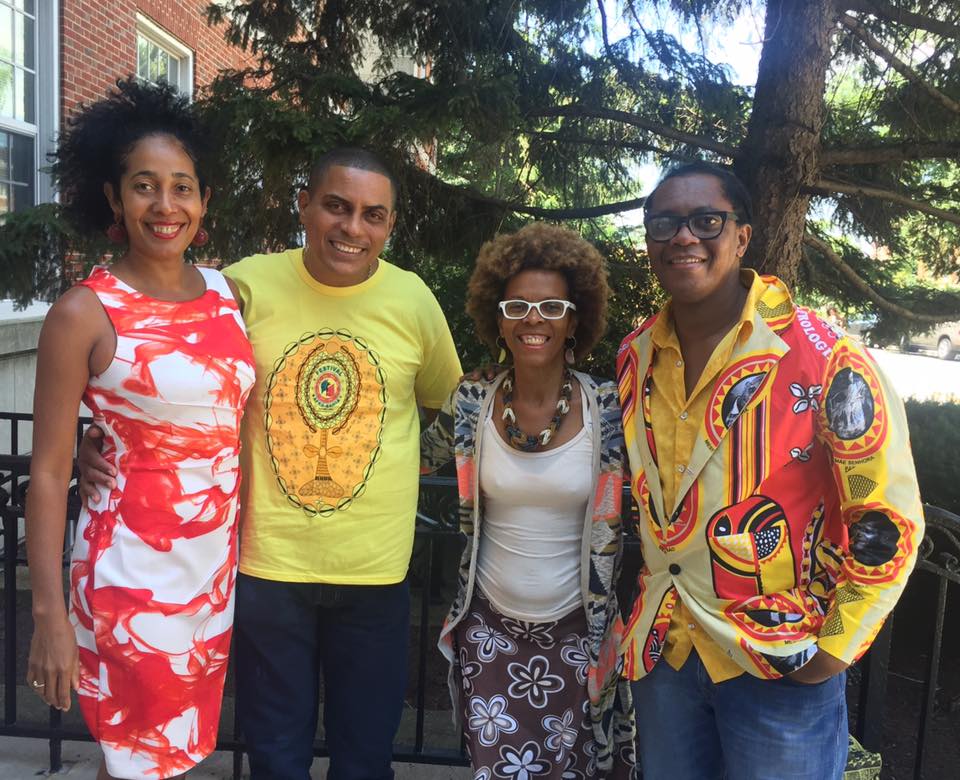Upon arriving in Bahia in 1500, Spanish colonists encountered indigenous people such as the Tupinambá and the Tupiniquim (Tupi). These colonists identified these natives as Indians which had already lived in the region for about two centuries. The state of Bahia was also home to tribes of other indigenous peoples: the Gês or Botocudos, the Cariris, and the Caeté. Later that year, the Portuguese arrived in what is present day Bahia and claimed the site for Portugal and named the settlement Porto Seguro (Safe Port). Later on November 1, 1501, after other European navigators landed in the bay, it was named Bahia de Todos os Santos (the Bay of All Saints in commemoration of All Saints Day).
After giving the indigenous population the choice of conversion to Christianity or enslavement (plus the epidemics of smallpox, influenza, and measles, famine, and resistance), the pool of available slaves to harvest the sugar cane plantations began to diminish. An estimated 1.5 to 2 million enslaved Africans were imported into Bahia before slavery was abolished in Brazil in 1888. This was 4 to 5 times the number of enslaved Africans brought into the USA (and some 1/3 to almost 1/2 of all Africans imported into Brazil). Bahia being the center of Brazil’s African descended population helps make Brazil the country with the highest population of black people in the world outside of Africa. These people, their culture, and their descendants, were to have an immeasurable impact on what Bahia was and is today.

(Bahia de Todos os Santos)







Leave a Reply